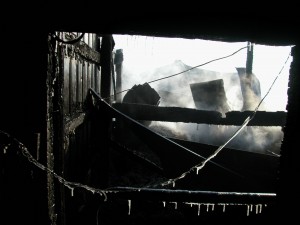 Originally my article for this week had been about how our family could have moved anywhere in the country and we chose St Olaf, Iowa. We chose this area because we found the greatest asset here; the people. I don’t know of any greater community
Originally my article for this week had been about how our family could have moved anywhere in the country and we chose St Olaf, Iowa. We chose this area because we found the greatest asset here; the people. I don’t know of any greater community
I have previously written about how we are all surrounded by the most gracious, caring and compassionate neighbors. That fact was so evident on Saturday night when we experienced a barn fire at our farm. We lost a building, some equipment, our sows and their babies. But we gained an overwhelming respect for the compassion offered by our community. That compassion has left our family awestruck at how truly fortunate we are.
My wise and wonderful grandmother, Marion Fisher used to say; if something can be replaced with money it isn’t that important. We have always tried to view our glass as half full, we’re optimists, but after the concern that you’ve all shown to us we know that our cups aren’t half full, they’re overflowing! We so humbly thank all of you for your kind words and encouragement; they’ve meant the world to us.
Four fire departments responded to our call for help and I can’t begin to express how grateful we are for the action and organization of these community heroes. They contained the fire to two buildings and prevented it from spreading to the next. We interrupted the Elkader Fire Departments Christmas party (which was delayed due to battling a fire on the previously scheduled date), and others from enjoying the movie in town. These volunteers put the needs of their community and neighbors above their own. There are countless places that they could have been but they put our needs first, how commendable.
You don’t raise heroes, you raise sons. And if you treat them like sons, they’ll turn out to be heroes, even if it’s just in your own eyes. – Walter Schirra, Sr.
I try not to waste my prayers on earthly desires; material wants or a fatter bank account. I’ll reserve my prayers for humanity and heavenly intervention for those in need. I’ve prayed for three things in my life 1) someone to love 2) someone to love me back 3) the health of our family, friends and neighbors. Those three prayers have been answered and so I have nothing to complain about in life. I try not to let unkind words or gossip escape from my mouth. If I remove them from my heart they usually don’t get caught in my throat. The more often I clean my heart the easier I find the joy in loving my neighbors.
All of you must subscribe to this same philosophy because we have experienced countless examples of love here in northeast Iowa.
Our sows were just starting to farrow on Saturday. The first piglet born we named Glenda because she and I shared the same birthday and she was whining about the cold, just like me. We truly love all of our animals; they are such a huge part of our lives. I hope that there is a hog heaven, and if there is, I hope that Dolly, Molly, Lizzy and all of their babies are cared for by someone who will love them as much as we did. I hope their care givers know how much they love having their backs scratched with the rake and that when they get tucked in at night an Oreo cookie helps them have sweeter dreams. So, sweet dreams girls. I hope hog heaven is lush and full of sunshine and Oreos.
Our family thanks you for all of your kindness.
It is well to remember that the entire population of the universe, with one trifling exception, is composed of others. – John Andrew Holmes
©Glenda Plozay, Forest Hill Farm Products,LLC
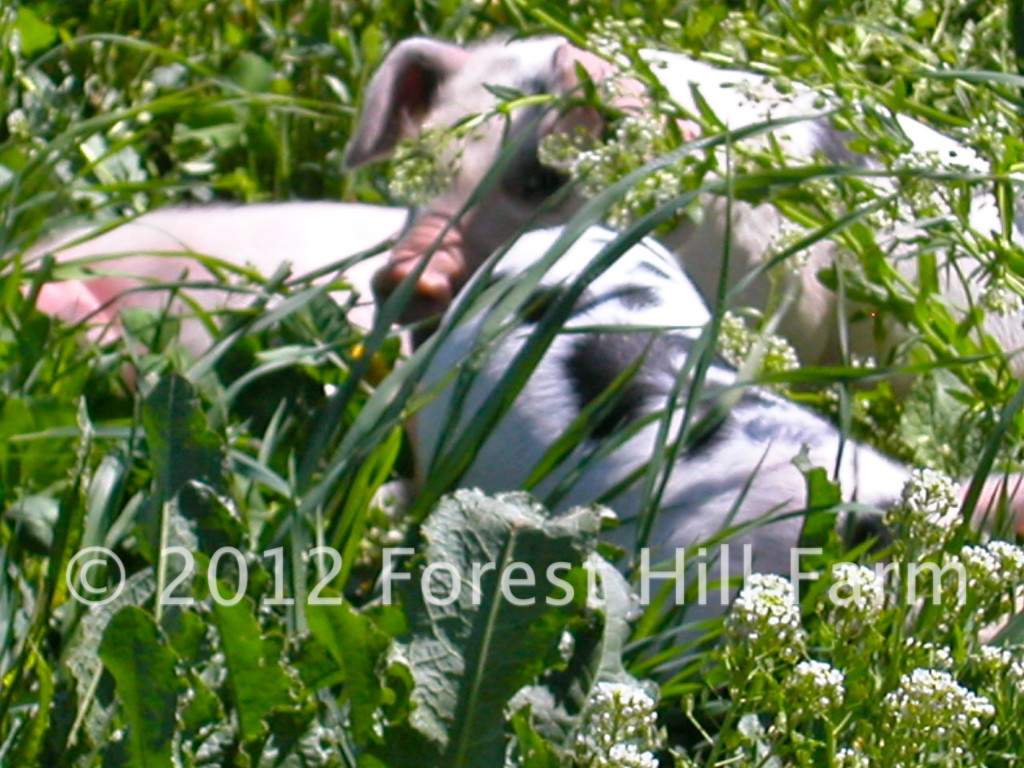

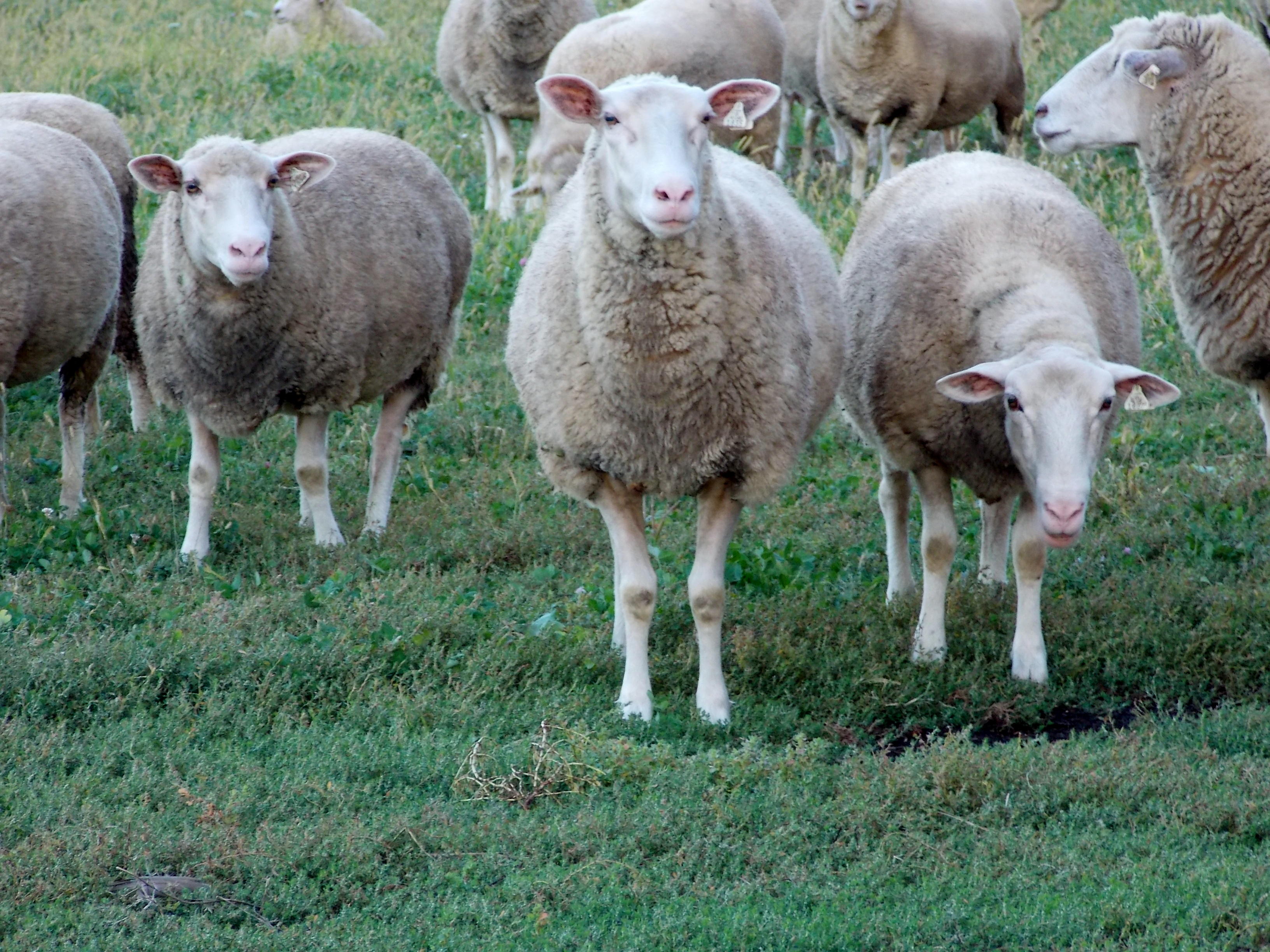
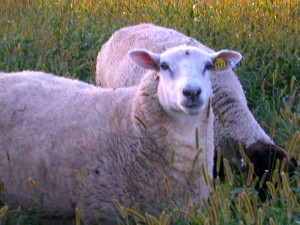
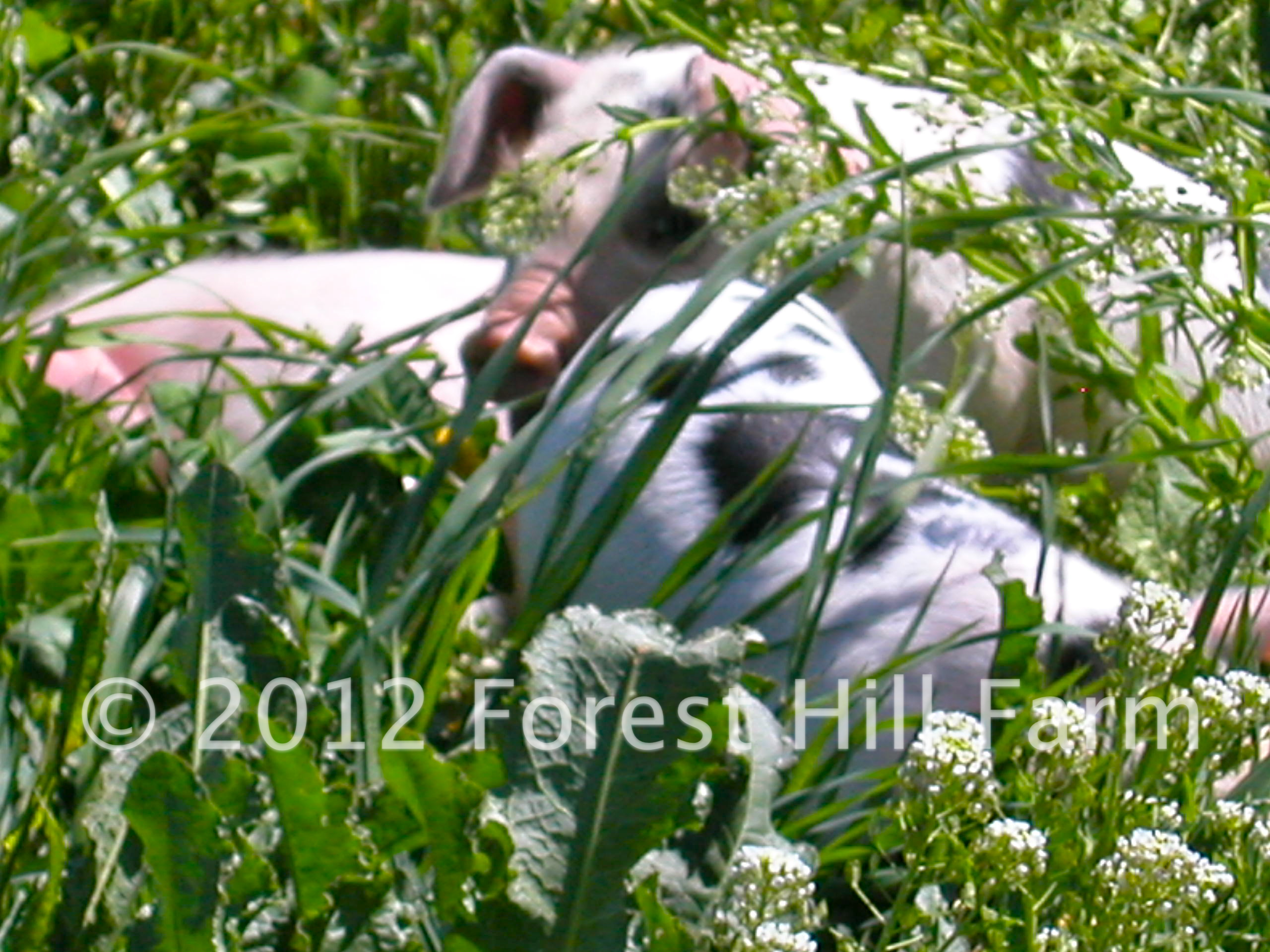
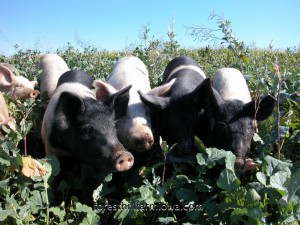
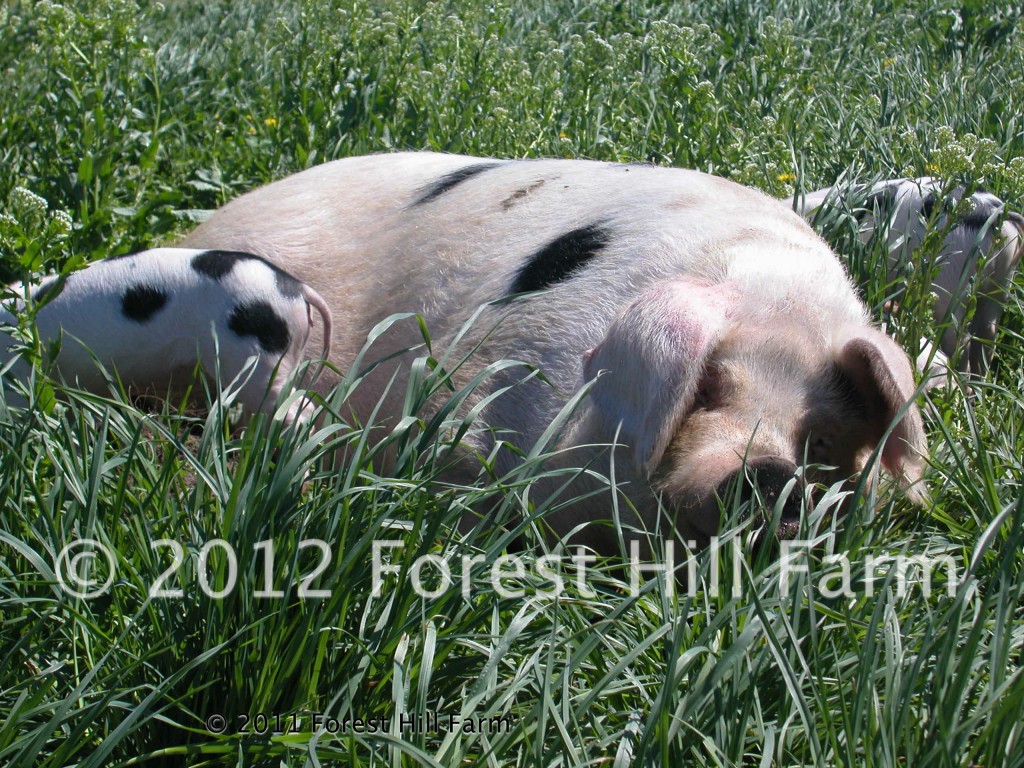
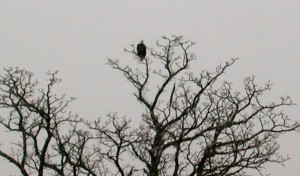
 Originally my article for this week had been about how our family could have moved anywhere in the country and we chose St Olaf, Iowa. We chose this area because we found the greatest asset here; the people. I don’t know of any greater community
Originally my article for this week had been about how our family could have moved anywhere in the country and we chose St Olaf, Iowa. We chose this area because we found the greatest asset here; the people. I don’t know of any greater community